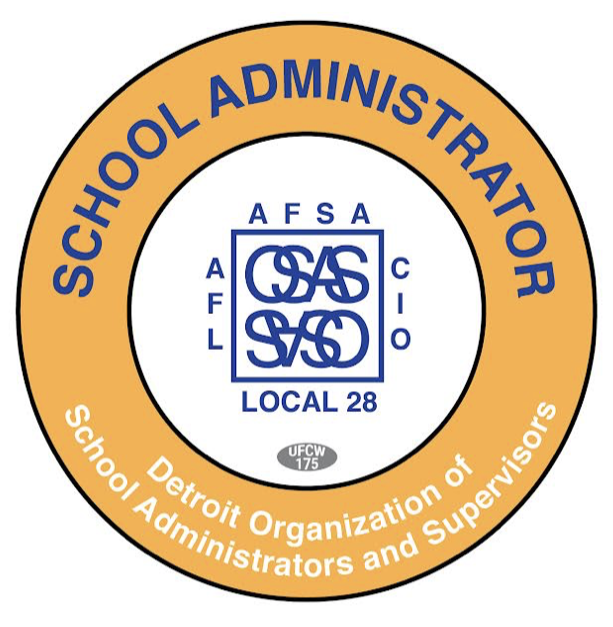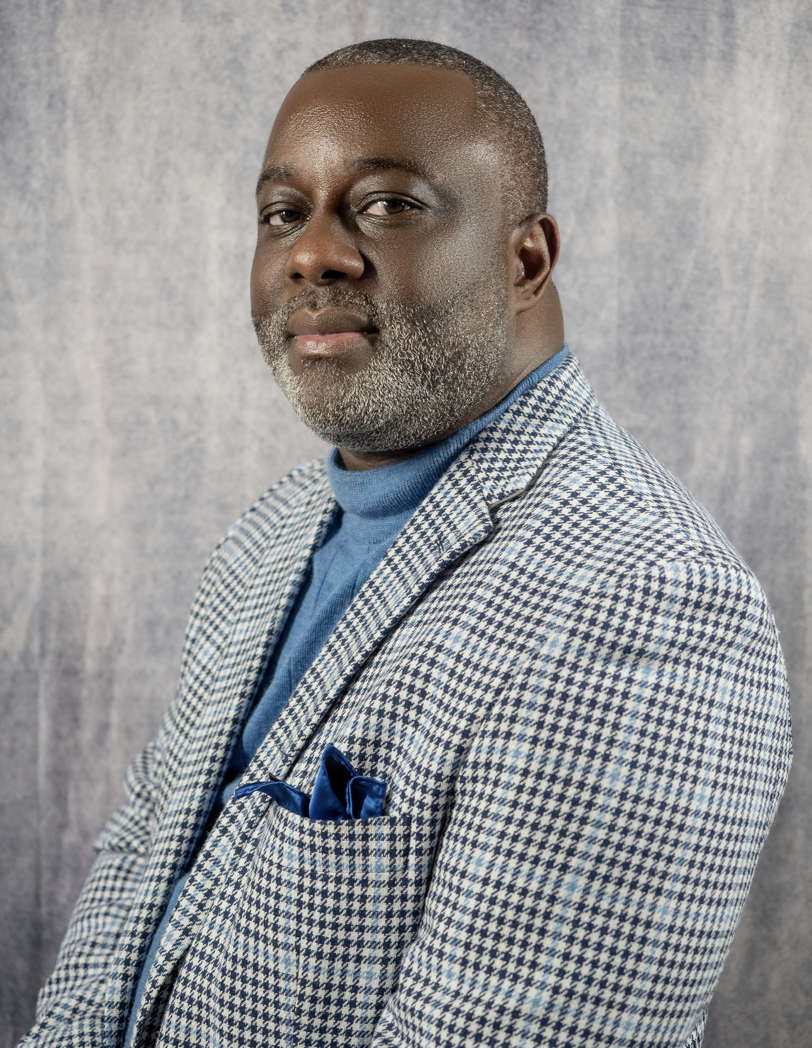Black History is American History and should be taught throughout the year. However, while this reality is often neglected, February continues to be designated Black History Month. It is a time when we pay special tribute to generations of Black Americans who have lived in the United States and struggled through centuries of hardship, danger and adversity to become full citizens of this nation as defined in the 14th Amendment of our Constitution. Black History Month is a time to rejoice in and celebrate Black Americans’ many specific historical achievements and cultural contributions in the fields of science, the arts, politics and education. At AFSA, we take great pride in the countless Black educators who hold leadership roles in our schools, our locals and our national union, and we are honored to highlight such outstanding members every year.
As a student at Benjamin N. Cardozo High School in Queens, New York, W. Charles Brandy discovered the writing of James Baldwin and says, “He opened my eyes to the suffering that often went along with being a Black American.” As a West African from Liberia, he recalls, “I was different. I knew who I was.”
Baldwin led Charles to think “about ways of advocating for people” and set him on the path he still follows today as director of social studies for the Buffalo Public Schools.
Although he was only 7 when he emigrated to Flatbush, Brooklyn, to join his father after his mother’s death, he quickly adapted to his new life. While the memories of Liberia remained vivid, he was captivated by the novelty of his new surroundings, including seeing his first snow in December. He was placed in the fifth grade at P.S. 92, where his advanced math and science knowledge—thanks to his education in Liberia—made him stand out, even though he was the youngest in the class. This early experience of navigating challenges in a new country set the stage for his future aspirations.
As he grew older, Charles developed a deep desire to advocate for others, especially young people who faced obstacles like his own. He initially thought that studying criminal law could be the way to make a difference, so he enrolled at John Jay College for Criminal Justice in New York. However, he quickly found that the program's focus was more on the mechanics of incarceration than on helping children. Realizing this wasn’t the path he wanted, he transferred to SUNY Buffalo State College, where he earned dual bachelor’s degrees in history and social studies.
His drive to impact the education system led him to pursue a master’s degree in education, further equipping him with the knowledge and skills to advocate for students. To complete his qualifications, he also earned a school district administrator certificate from Canisius College, preparing him for a leadership role in shaping educational policies.
After seven years, he decided it was time to do something else and left the classroom to become a school leader; he relishes running into former students who recognize him and repeat back to him a saying he took from writer Rudyard Kipling: “You are the captain of your soul, master of your fate.”
In 2001, he served as a supervisor in the Office of Pupil Personnel Services, where he had a variety of responsibilities, including conducting superintendent’s suspension hearings. Weapons and drugs often were involved. “I saw these kids in some of their worst times, when they really needed help,” he says. “We were an advocate group.” They helped parents understand their rights, how they could and could not proceed.
“Mostly we tried to get the kids back to a school environment,” whether it was their original school or an alternative one.
With his experience in challenging environments, Charles later became an assistant principal at Lincoln Academy, a school that had long struggled with consistently poor performance. Faced with the reality that the school was unlikely to recover, a decision was made to close it. In response, Charles and his colleagues worked diligently to support students by helping them transition to better schools under the No Child Left Behind Act. "We did some great things to meet their social and emotional needs," he reflects. "We provided unparalleled services for the special education population."
Today, Charles Brandy is back in administration, where he most wants to be, as director of social studies for Buffalo Public Schools. His goal is to help students across the district to think, act and write like historians. And to be good citizens.
His memberships demonstrate that. He belongs to the National Council for the Social Studies, the New York State Council for the Social Studies, the Niagara Frontier Council for the Social Studies, the National Council for History Education, the National Alliance of Black School Educators and the Metropolitan Buffalo Alliance of Black School Educators.
In 2023, Charles was named the Administrator of the Year Award for Excellence in Education by the Friends for a Better Buffalo. Charles also serves as grievance director for the Buffalo Council of Supervisors & Administrators, American Federation of School Administrators (AFSA) Local 10. “My job is very exciting,” he says. “Every day is different.”
He is responsible for the adoption of textbooks, overseeing teacher curriculum design, formal and informal observations and is in the classroom 50% of the time. “We’ve been able to acquire two teaching grants in American history for $1million each. We bring in history scholars.”
In the rare time he has to himself, Charles reads, golfs and goes fishing, but even that is not entirely time to himself. He is part of a group that takes children who don’t have father figures out to fish. Charles has one son of his own in his 20s, who lives at home and works in sports communications for Buffalo State University.
A point of pride for Charles is civics education in New York State. Despite considerable national concern about a lack of civics education, he says, “Civics never left NYS. We teach a great deal about juries and voting. Our hope is that we will teach our kids their civic duties, and they in turn will teach their parents. We are very intentional about teaching civics.”

